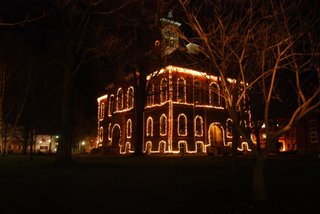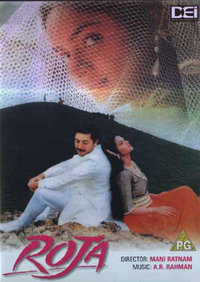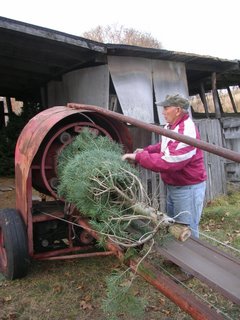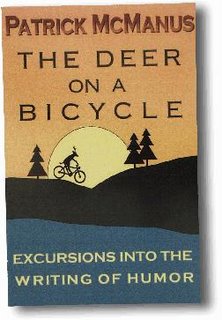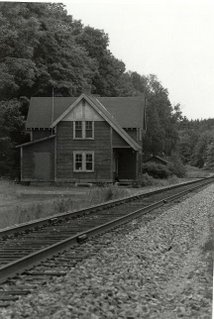
It’s raining. This is Michigan and January is six hours away and it is in the low 40s and raining. I have to crack windows in order to enjoy a fire in the hearth. The ten day outlook has us only dropping below freezing four nights out of ten, and only once into the 20s. The average weather this time of the year has lows in the teens and a high around freezing. I haven’t bothered to dig out my skis and haven’t put the heavy winter tires on my truck. If it doesn’t start changing soon, I’ll start spring cleaning next week. I know some of you may think I’m crazy, but watching the pictures of Denver dig out of another storm makes me a bit envious.
It used to take me a good month to get use to writing the new (and correct) year on checks. As now almost everything is done electronically, I wonder how long it will take. I might stay in a 2006 time warp for years.
I’m not much of one for making resolutions. I suppose you can make the case that if I don’t make any, I’ll live up to my expectation! But I do set goals, just not resolutions. I’m not sure what kind of resolution I’d make. People resolve to exercise more, I’d have to quit my job or abandon my family to do that. The next six weeks or so will be trying at the gym as it’ll be filled with “New Year Resolutioners.” By mid-February, it’ll be back to normal. I’ll like to resolve to spend more time on skis, but nature ain’t cooperating. Maybe the best thing I could resolve to do is to recall the motto from my Boy Scouts day and do a good turn daily.
Poor old Saddam Hussein. He may have gotten what was coming, but do we really need to see videos of his hanging? The videos seem to be ubiquitous; everywhere you go somebody has a link to it or a “You-tube” type box with a start button. I would have thought security would have been tighter to keep cameras out. It is my belief that the untimely death of anyone, even a tyrant, is no reason to celebrate. And anybody who thinks that Hussein’s execution is a warning to tyrants needs to seriously reconsider. After all, Pol Pot and Idi Amin escaped the gallows and the nature of their regimes makes Hussein look like a kindergarten teacher. I’m afraid the real warning from Hussein’s death to the tyrants of the world is: “If you want to brutalize your own people, you better remain friends with the US or at least not be in our perceived national interest.” As for the videos, they’re just a form of pornography that cheapens life.

Okay, it’s time for me to update my profile picture. Since it should be too cold to wear sleeveless tee-shirts this time of the year, I’m going to remove the picture of me taken during a Utah canyon backpacking trip and replace it with a recent photo taken in my office. Out with the old, in with the new! Now, I don’t normally wear a Stetson while in my office, but I put it on for this occasion! I’m standing in front of one of my bookcases.

Just in case you're interested, which you're probably not, I'm still hanging in there with the old blogger!
Happy New Year! Thanks for reading all the stuff I write. I value your opinions and comments and look forward to reading your thoughts as we move into 2007.
